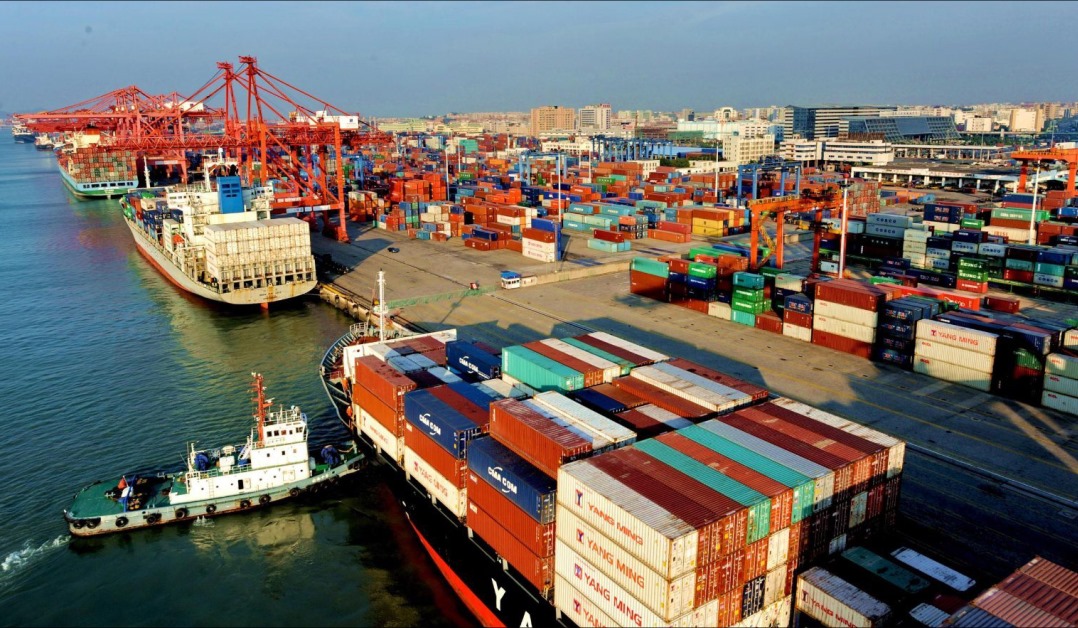 Some experts have called for the full implementation of the zero duty on imported food produce and local production of refined petroleum products to check Nigeria’s inflation rate.
Some experts have called for the full implementation of the zero duty on imported food produce and local production of refined petroleum products to check Nigeria’s inflation rate.
They said this in separate interviews with the News Agency of Nigeria (NAN) on Sunday in Lagos.
Prof. Bright Eregha, Lecturer of Economics, Pan Atlantic University, described the zero duty on imported food produce as a welcome development that would check inflation if well implemented.
“The decision of the government could help to flood the market with particularly imported food produce and moderate prices.
Ododo distributes fertiliser to boost food security
“Although the policy is a short time measures and should be monitored in order not to jeopardise the existing investment in local food production,” Eregha said.
He noted that the government should continue to address the insecurity headwinds in most farming communities fuelling the food inflation.
Eregha said the government should address land disputes between pastoralist and farmers particularly in the food belt states to boost food security.
Also, Mr Nnamdi Ifenkwe, Project Coordinator, Nissi Agro Allied Services, said the government should invest more in food storage facilities to ameliorate post-harvest losses in farms.
“The volume of food storage facilities is grossly inadequate for a country such as ours which has a comparative advantage in agricultural production.
“This could be partially responsible for the food insecurity being experienced because a large thorns of food produce goes to waste particularly in areas with poor road infrastructure,” Ifenkwe said.
He added that the government should introduce more policies that would subsidise agricultural machineries for various farming associations.
“This will ensure that the country achieve self sufficiency in food produce and encourage more youths to foray into farming,” Ifenkwe said.
Also speaking, Dr Muda Yusuf, the Chief Executive Officer, Centre for the Promotion of Private Enterprises, said the government should give more concession to locally refined petroleum chemical plants.
“The government through the Nigerian National Petroleum Company Ltd. should keep to its promises to supply crude oil to local petroleum chemical plants to stop its importation.
“This will enable the country to achieve self sufficiency and conserve scarce foreign exchange,” Yusuf said.
He noted that the government should put more effort in addressing crude oil theft in the Niger-Delta region in order to earn more foreign exchange form its exports.
“This will enable the government to inject more funds into the foreign exchange market and ensure stability,” he said.
He added that more funds would be kept in the country’s external reserve to boost investment confidence.
BRANDPOWER reports that the National Bureau of Statistics stated that Nigeria’s inflation rate declined to 33.40 per cent in July.
This shows a decline of 0.8 per cent compared with 34.19 per cent reported in June.
This is the first decline in inflation rate in the last 19 months.






















